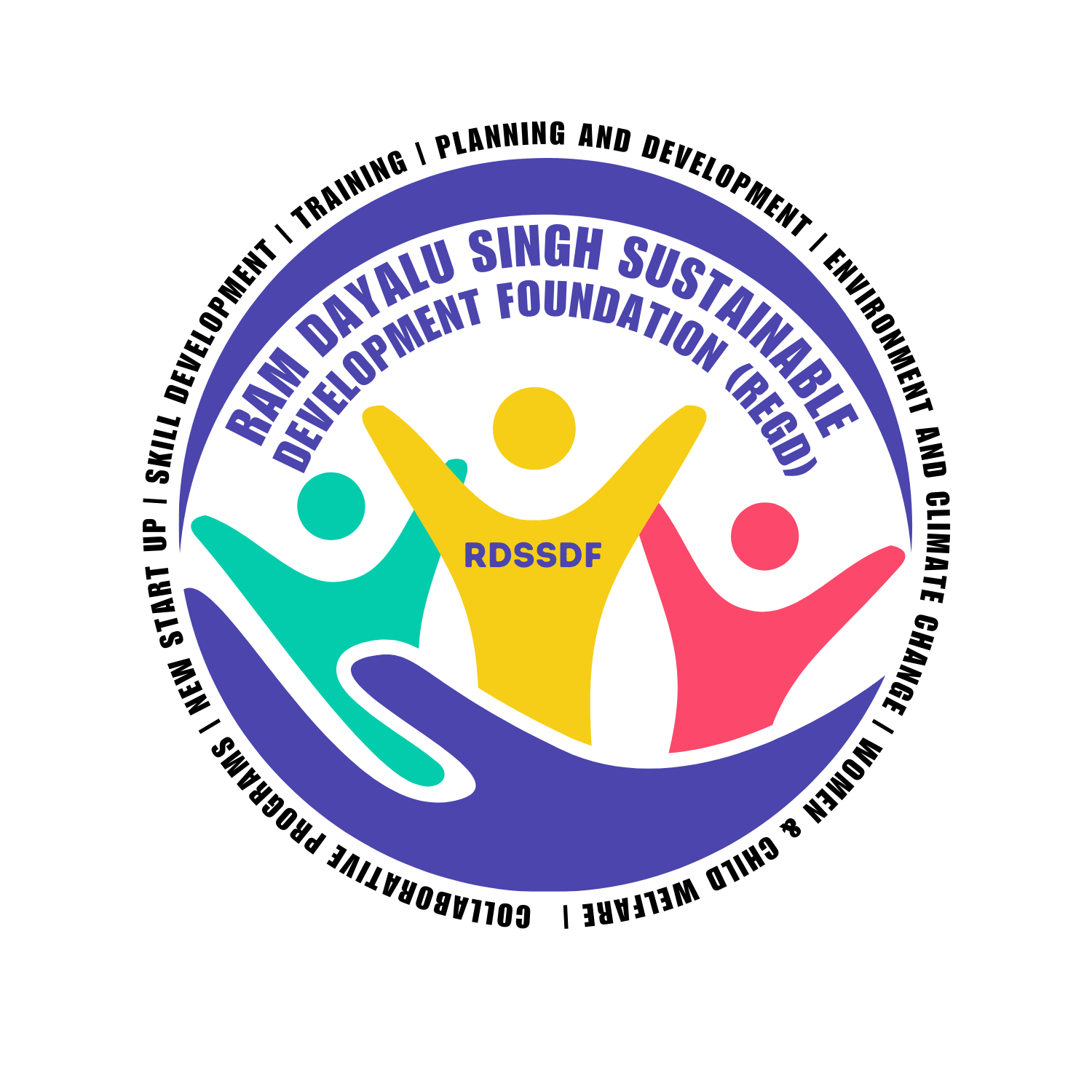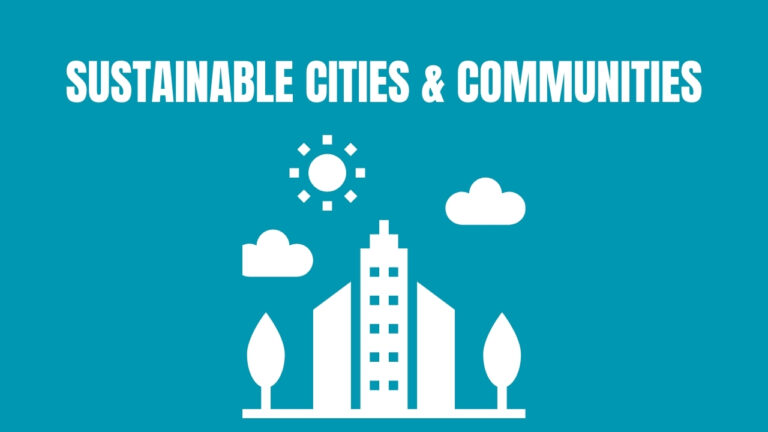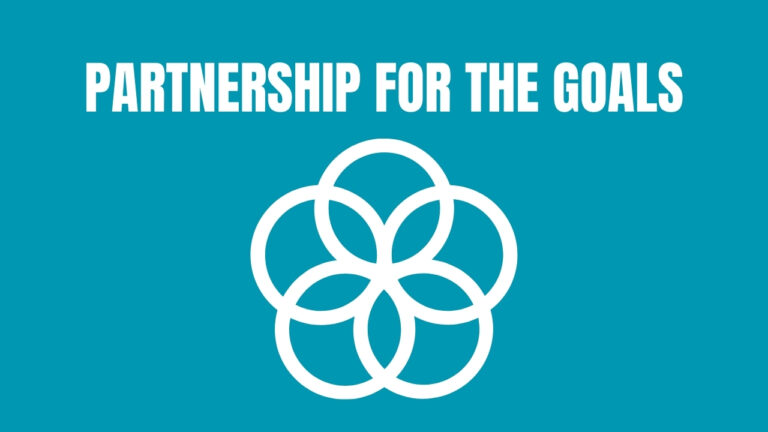Goal Overview
By 2030, conserve and sustainably use the oceans, seas, and marine resources for sustainable development, ensuring the health and productivity of marine ecosystems.
Key Targets and Indicators
- By 2025, prevent and significantly reduce marine pollution of all kinds, particularly from land-based activities, including marine debris and nutrient pollution.
- Indicator: Index of coastal eutrophication and floating plastic debris density.
- By 2030, sustainably manage and protect marine and coastal ecosystems to avoid significant adverse impacts, including by strengthening their resilience, and take action for their restoration in order to achieve healthy and productive oceans.
- Indicator: Proportion of marine and coastal ecosystems that are protected.
- Minimize and address the impacts of ocean acidification, including through enhanced scientific cooperation at all levels.
- Indicator: Average marine acidity (pH) measured at agreed suite of representative sampling stations.
- By 2030, effectively regulate harvesting and end overfishing, illegal, unreported, and unregulated fishing and destructive fishing practices, and implement science-based management plans, in order to restore fish stocks in the shortest time feasible, at least to levels that can produce maximum sustainable yield as determined by their biological characteristics.
- Indicator: Proportion of fish stocks within biologically sustainable levels.
- By 2030, conserve at least 10 percent of coastal and marine areas, consistent with national and international law and based on the best available scientific information.
- Indicator: Coverage of protected areas in relation to marine areas.
- By 2030, prohibit certain forms of fisheries subsidies which contribute to overcapacity and overfishing, eliminate subsidies that contribute to illegal, unreported, and unregulated fishing and refrain from introducing new such subsidies, recognizing that appropriate and effective special and differential treatment for developing and least developed countries should be an integral part of the World Trade Organization fisheries subsidies negotiation.
- Indicator: Progress by countries in the degree of implementation of international instruments aiming to combat illegal, unreported, and unregulated fishing.
- By 2030, increase the economic benefits to small island developing States and least developed countries from the sustainable use of marine resources, including through sustainable management of fisheries, aquaculture, and tourism.
- Indicator: Sustainable fisheries as a percentage of GDP in small island developing States, least developed countries, and all countries.
Strategies and Actions
- Reduce marine pollution: Implement measures to prevent and significantly reduce marine pollution from land-based activities, including waste management practices and reducing the use of plastics.
- Protect marine ecosystems: Establish and enforce marine protected areas and restoration projects to maintain healthy and productive marine and coastal ecosystems.
- Combat ocean acidification: Enhance scientific cooperation and monitoring to address the causes and impacts of ocean acidification.
- Sustainable fisheries management: Regulate fishing practices to prevent overfishing, implement science-based management plans, and restore fish stocks to sustainable levels.
- Implement conservation policies: Conserve coastal and marine areas by establishing protected zones and enforcing conservation policies in line with scientific recommendations.
- Eliminate harmful subsidies: Prohibit fisheries subsidies that contribute to overfishing and support international agreements to combat illegal, unreported, and unregulated fishing.
- Promote sustainable economic benefits: Encourage the sustainable use of marine resources to increase economic benefits for small island developing States and least developed countries, focusing on sustainable fisheries, aquaculture, and marine tourism.
FAO Actions to Support Monitoring
- Capacity building: Provide training programs for government officials, fishery managers, and communities on sustainable marine resource management and conservation practices.
- Technical assistance: Offer technical support for developing and implementing national policies and strategies for marine conservation and sustainable resource use.
- Research and data collection: Conduct research and gather data on marine ecosystems, pollution, acidification, and fish stocks to inform policy-making and track progress.
- Guidelines and best practices: Develop and disseminate guidelines and best practices for marine pollution reduction, ecosystem protection, sustainable fisheries management, and conservation.
- Awareness campaigns: Promote public awareness and advocate for the sustainable use of oceans and marine resources through campaigns, workshops, and public events.
Conclusion
Conserving and sustainably using oceans, seas, and marine resources is vital for the health of our planet and the well-being of all its inhabitants. By reducing marine pollution, protecting ecosystems, combating ocean acidification, managing fisheries sustainably, implementing conservation policies, eliminating harmful subsidies, and promoting sustainable economic benefits, we can achieve SDG 14. Together, we can ensure the preservation of marine biodiversity and the sustainable use of marine resources for future generations.





 Welcome to Ram Dayalu Singh Sustainable Development Foundation (RDSSDF), a beacon of hope and progress for the sustainable development of India. As a National Level Public Charitable Trust, it is dedicated to providing comprehensive support and innovative solutions.
Welcome to Ram Dayalu Singh Sustainable Development Foundation (RDSSDF), a beacon of hope and progress for the sustainable development of India. As a National Level Public Charitable Trust, it is dedicated to providing comprehensive support and innovative solutions.